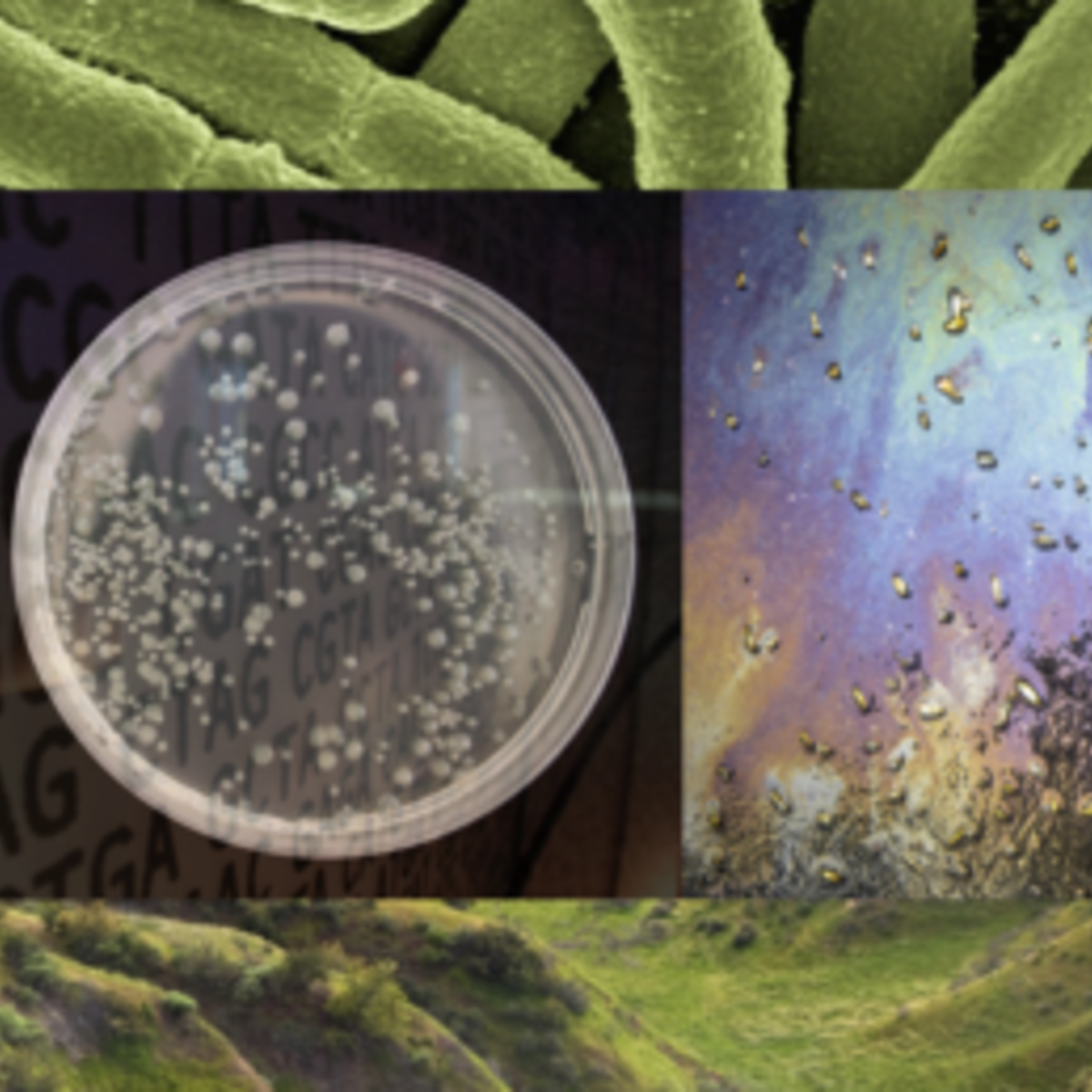
Synbio is a diverse field with diverse applications, and the different contexts (e.g., gain-of-function research, biofuels) raise different ethical and governance challenges. The objective of this course is to increase learners’ awareness and understanding of ethical and policy/governance issues that arise in the design, conduct and application of synthetic biology. The course will begin with a short history of recombinant DNA technology and how governance of that science developed and evolved, and progress through a series of areas of application of synbio.
Read more
Synbio is a diverse field with diverse applications, and the different contexts (e.g., gain-of-function research, biofuels) raise different ethical and governance challenges. The objective of this course is to increase learners’ awareness and understanding of ethical and policy/governance issues that arise in the design, conduct and application of synthetic biology. The course will begin with a short history of recombinant DNA technology and how governance of that science developed and evolved, and progress through a series of areas of application of synbio.
Synbio is a diverse field with diverse applications, and the different contexts (e.g., gain-of-function research, biofuels) raise different ethical and governance challenges. The objective of this course is to increase learners’ awareness and understanding of ethical and policy/governance issues that arise in the design, conduct and application of synthetic biology. The course will begin with a short history of recombinant DNA technology and how governance of that science developed and evolved, and progress through a series of areas of application of synbio.
Content will be presented in many forms, including not only reading and lectures, but also recorded and live interviews and discussions with scientists, ethicists and policy makers. Learners will have the opportunity to think, write and talk about the issues and challenges in their own work and in real-life case examples. A final project will engage students in the development of governance models for synbio.
What's inside
Syllabus
Welcome to Engineering Life: SynBio, Bioethics & Public Policy
Recombinant DNA Technology: Science and History
We start the course by learning a bit about the history and context of the development of recombinant DNA (rDNA) technology in the 1970s, the ethics and policy issues raised by that science, and how those issues remain with us today in synthetic biology. The work of the week includes lecture videos, readings, and an interview with LeRoy Walters, who was involved in the discussions and debates about rDNA in its early years. The week will conclude with a quiz.
Read more
Syllabus
Good to know
Save this course
Reviews summary
Synbio, bioethics & public policy
Activities
Gather resources on synthetic biology
Show steps
Strengthen your foundation in synthetic biology by organizing and reviewing key resources related to the course content.
Show steps
-
Create a collection of relevant articles, videos, and websites
-
Categorize the resources according to topic or theme
-
Review the materials periodically to refresh your understanding and identify areas for further research or exploration
Connect with professionals in synthetic biology
Show steps
Expand your knowledge and network by seeking guidance and insights from professionals in the field of synthetic biology.
Show steps
-
Identify professionals working in areas of synthetic biology that interest you
-
Reach out to potential mentors via email or LinkedIn
-
Request their guidance on your learning journey or career development
-
Schedule regular meetings or calls to gain their insights and advice
Show all two activities
Gather resources on synthetic biology
Show steps
Strengthen your foundation in synthetic biology by organizing and reviewing key resources related to the course content.
Show steps
- Create a collection of relevant articles, videos, and websites
- Categorize the resources according to topic or theme
- Review the materials periodically to refresh your understanding and identify areas for further research or exploration
Connect with professionals in synthetic biology
Show steps
Expand your knowledge and network by seeking guidance and insights from professionals in the field of synthetic biology.
Show steps
- Identify professionals working in areas of synthetic biology that interest you
- Reach out to potential mentors via email or LinkedIn
- Request their guidance on your learning journey or career development
- Schedule regular meetings or calls to gain their insights and advice
Career center
Bioethicist
Environmental Policy Analyst
Research Scientist
Science Writer
Science Policy Analyst
Biomedical Engineer
Science Communicator
Health Policy Analyst
Regulatory Affairs Specialist
Patent Attorney
Biostatistician
Technical Writer
Science Teacher
Science Journalist
Environmental Consultant
Reading list
Share
Similar courses
OpenCourser helps millions of learners each year. People visit us to learn workspace skills, ace their exams, and nurture their curiosity.
Our extensive catalog contains over 50,000 courses and twice as many books. Browse by search, by topic, or even by career interests. We'll match you to the right resources quickly.
Find this site helpful? Tell a friend about us.
We're supported by our community of learners. When you purchase or subscribe to courses and programs or purchase books, we may earn a commission from our partners.
Your purchases help us maintain our catalog and keep our servers humming without ads.
Thank you for supporting OpenCourser.



